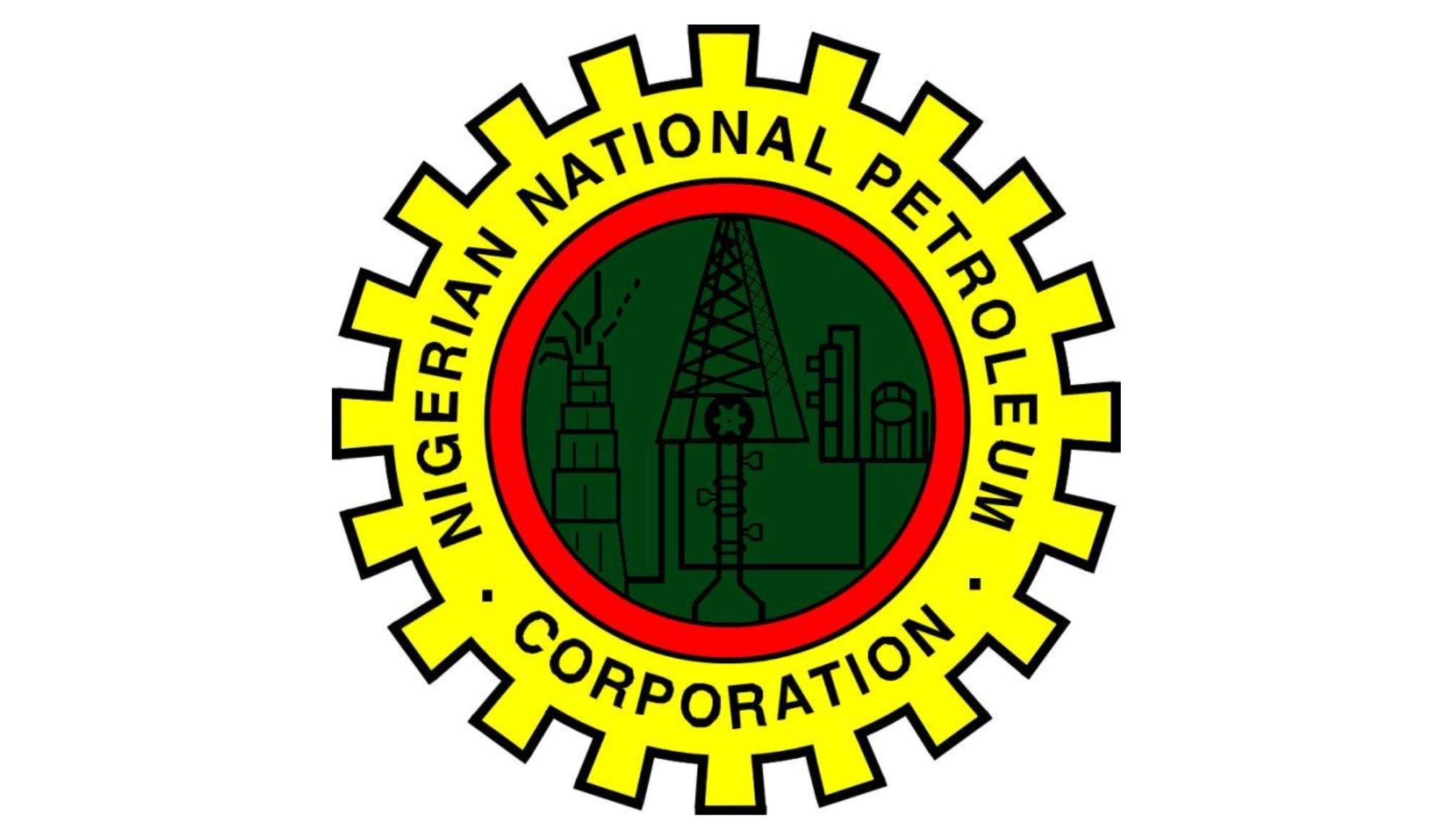Oil & Energy
NNPC Settles $833.57m Cash-Call Arrears To Mobil

The Nigerian National Petroleum Corporation (NNPC) says it has fully settled the total amount owed to Mobil Producing Nigeria (MPN) with a payment of 833.57 million dollars cash call arreas.
The corporation disclosed this in a statement signed by its spokesman, Mr Ndu Ughamadu in Abuja on Wednesday.
He said that the corporation was able to achieve this barely two years after it signed a cash-call repayment agreement with its joint venture partners to defray cash-call arrears within a period of five years.
According to him, the immediate past Group Managing Director of NNPC, Dr Maikanti Baru disclosed this at a commemorative close-out ceremony to mark the conclusion of NNPC/MPN Cash Call Repayment Agreement.
He qouted Baru as saying that the feat was a product of determination and hard work.
Baru noted that NNPC management came up with the novel cash-call exit strategy to boost investors’ confidence and grow the nation’s oil and gas industry.
He added that the payment did not in anyway undercut remittances to the Federation Account as it was achieved through revenue from incremental production.
“It is gratifying to note that within two years of this agreement, the NNPC/MPN JV significantly executed in incremental activities that generated adequate proceeds to liquidate the 833.57 million dollars cash-call arrears, whilst ensuring that revenue flow from the JV to the federation remained stable,” he said
He further explained that with the close-out of the repayment agreement, the entire incremental production which is over 45,000 barrels of oil per day (bopd) had been migrated to federation’s equity and would invariably lead to an increase in revenue to the government.
He acknowledged the support of President Muhammadu Buhari and some relevant agencies in achieving the speedy execution of the repayment plan.
The former GMD added the next level “is for NNPC and MPN to within two years, migrate the Joint Venture (JV) into an Integrated Joint Venture (IJV) with its Board operating independently and paying dividends to its shareholders”.
On his part, the Managing Director of the Mobil Producing Nigeria, Mr Paul McGrath said the milestone was a victory for MPN, NNPC and Federal Government of Nigeria.
In his remarks, Mr John MacGrath commended Baru for driving a transparent system that brought about the early close-out of the repayment agreement.
According to him, MPN has no more fear or reservation in dealing with NNPC in future projects.
“I will like to commend the leadership team of the NNPC, especially the Group Managing Director, Dr. Maikanti Baru, for his strong and relentless leadership that has resulted in the resolution of what was becoming an intractable matter.
“ This is in addition to other noteworthy contributions he has made to the advancement of the industry since assuming office,” he said.
The high point of the event was the official signing of Deed of Settlement of Pre-Production Costs for Usan in OPL 222/OML 130 at a negotiated cost of about 1.076 billion dollars as against initial 1.45 billion dollars cost.
Oil & Energy
Electricity Consumers Laud Aba Power for Exceeding 2025 Meter Rollout Target
Oil & Energy
NUPRC Unveils Three-pillar Transformative Vision, Pledges Efficiency, Partnership
Oil & Energy
Collective National Prosperity Is Our Driving Force – NNPCL
-

 Sports5 days ago
Sports5 days agoTinubu Lauds Super Eagles’ after AFCON bronze triumph
-

 Sports5 days ago
Sports5 days agoAFCON: Lookman gives Nigeria third place
-

 Sports5 days ago
Sports5 days agoFulham Manager Eager To Receive Iwobi, Others
-

 Sports5 days ago
Sports5 days ago“Mikel’s Influence Prevent Some Players Invitation To S’Eagles Camp”
-

 Sports5 days ago
Sports5 days agoMan of The Match award Excites Nwabali
-

 Sports5 days ago
Sports5 days agoRemo, Ikorodu set for NPFL hearing, Today
-

 Sports5 days ago
Sports5 days agoPolice Games: LOC inspects facilities in Asaba
-

 Niger Delta5 days ago
Niger Delta5 days agoINC Polls: Ogoriba Pledges To Continuously Stand For N’Delta Rights … Picks Presidential Form

